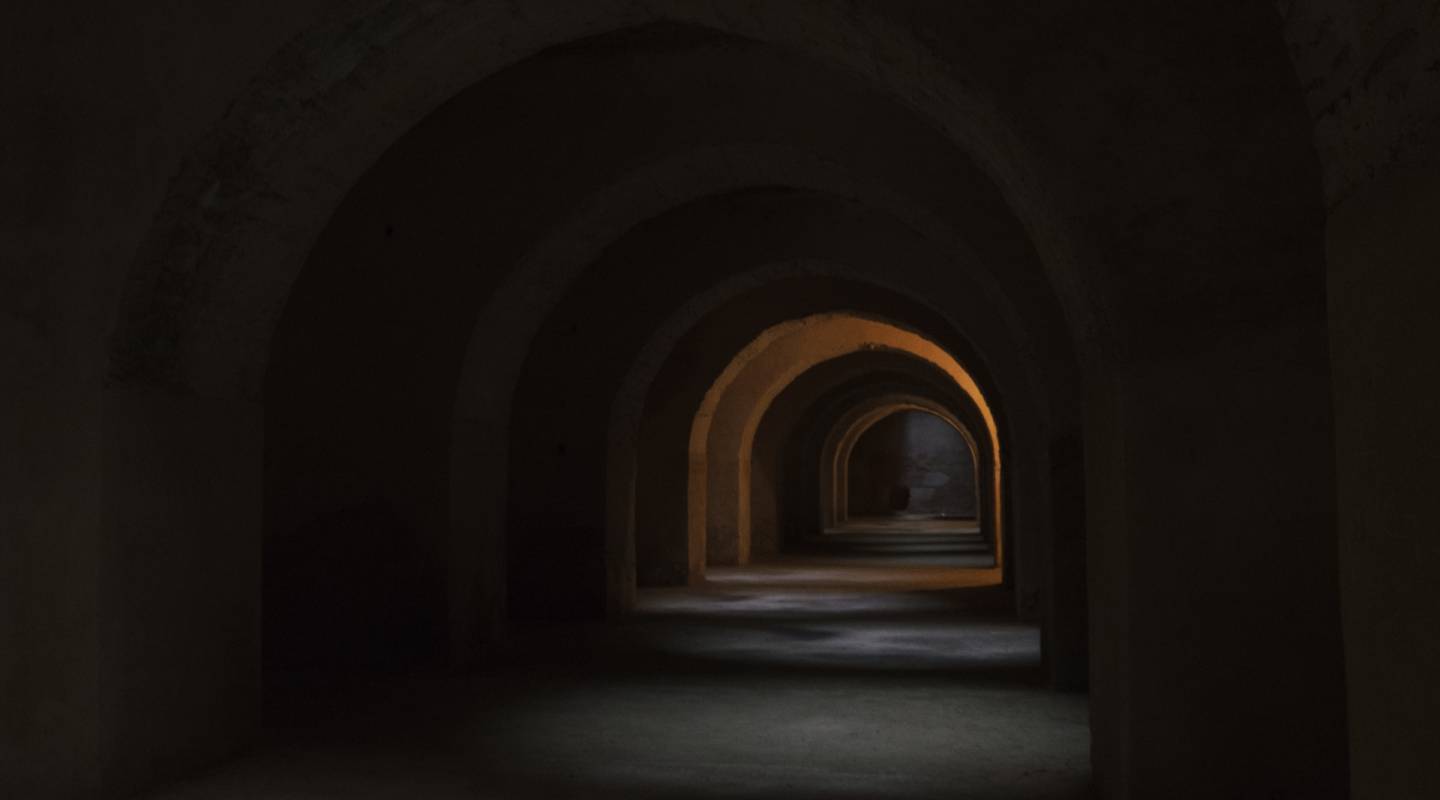
Morocco and Western Sahara
Capital city — Rabat
Country population
Type of government
Human Development Index
0.676(121/188)
iHomicide rate (per 100,000 inhabitants)
iName of authority in charge of the pris…
Total number of prisoners
i31/12/2018/ DGAPR, "2018 Activities Report", p. 32.Incarceration rate (per 100,000 inhabit…
i2018Average length of imprisonment (in mont…
i12/2018/ DGAPR, "2018 Activities Report", p. 140.Prison density
137 %The occupation ra…
i12/2018/ DGAPRTotal number of prison facilities
i31/12/2018An NPM has been established
yes, in 2018The Moroccan Parl…
Female prisoners
i2018/ Delegation for Prison Administration and Rehabilitation (DGAPR), “Activity report 2018”, p. 32.Incarcerated minors
1.5 %Including 41 girl…
i31/12/2018/ Delegation for Prison Administration and Rehabilitation (DGAPR), “Activity report 2018”, p. 32.Percentage of untried prisoners
i31/12/2018/ DGAPR, "Activity report 2018", p. 32.Death penalty is abolished
no, but suspended in practiceThe death penalty…
Contact with the outside world
Visitation rights
All prisoners have the right to receive visits
The visitor needs to provide a form of ID and complete a visit form. The director of the prison grants authorisation to visit.
Visit permits are granted
within several weeks
People eligible to visit
family members
Members of associations are allowed to visit as an exception.
The frequency and length of visits varies depending on the classification of the prisoner:
- category A: two visitors are permitted each week. Each visit lasts 20 minutes.
- category B: three visitors are permitted. The duration of the visits “varies depending on the circumstances”.
- category C: four visitors are permitted. The duration of the visits “varies depending on the circumstances”.
Family visiting units are being tested in some prisons. They only concern minors who are considered to have good behaviour. The unit is where the minor can meet their family for a maximum duration of 3 hours. The development of these units is very limited.
Prisoners and visitors can meet without physical barriers
Visits normally take place in a visiting room without barriers. The prison director can decide to use a visiting room with physical separation in case there is an incident, a suspicion, or if requested by the prisoner or visitor.
Visits to sick prisoners can take place in hospital as an exception. (Penitentiary Law, article 76).
Prisoners are allowed to receive visits from their children or minor relatives
yes
Conjugal visits are allowed
Items permitted to be brought into the prison by visitors include clothes and books. At the time of writing the prison authorities do not allow visitors to bring in food.
“Prisoners should be placed, when possible, in prison close to their residence or the residence of their family” (The Moroccan penitatary reference document, DGAPR 2016-2020 strategy, law 41).
Correspondence
Prisoners are allowed to exchange mail
yes, under certain conditions
The amount of mail permitted depends on the classification of the prisoner.
The prison director can temporarily ban the exchange of letters between the prisoner and their family, if “the exchange seems likely to jeopardise the rehabilitation of the prisoner or to maintain order in the prison.” (Article 90, Penitentiary law).
Mail exchanged is subject to control
All letters exchanged by prisoners are read, except official sealed letters (see below).
Prisoners are allowed to exchange mail in sealed envelopes
yes
Prisoners are allowed to exchange sealed letters with judicial authorities and lawyers.
They can also submit “sealed letters addressed to the Minister of Justice, the director of the prison service, judicial authorities and to administrations authorised to exercise control over prisons” to the prison director.
Prisoners are allowed to receive parcels
no
E-mail exchange is possible
no
Phone calls
Prisoners are allowed to make external phone calls
The frequency and duration of phone calls depends on the classification of the prisoner:
- category A: five minutes of calls per week.
- category B: ten minutes of calls per week.
- category C: ten minutes of calls, three times per week.
Prisoners are allowed to call
family members
The phones are located
in the corridors